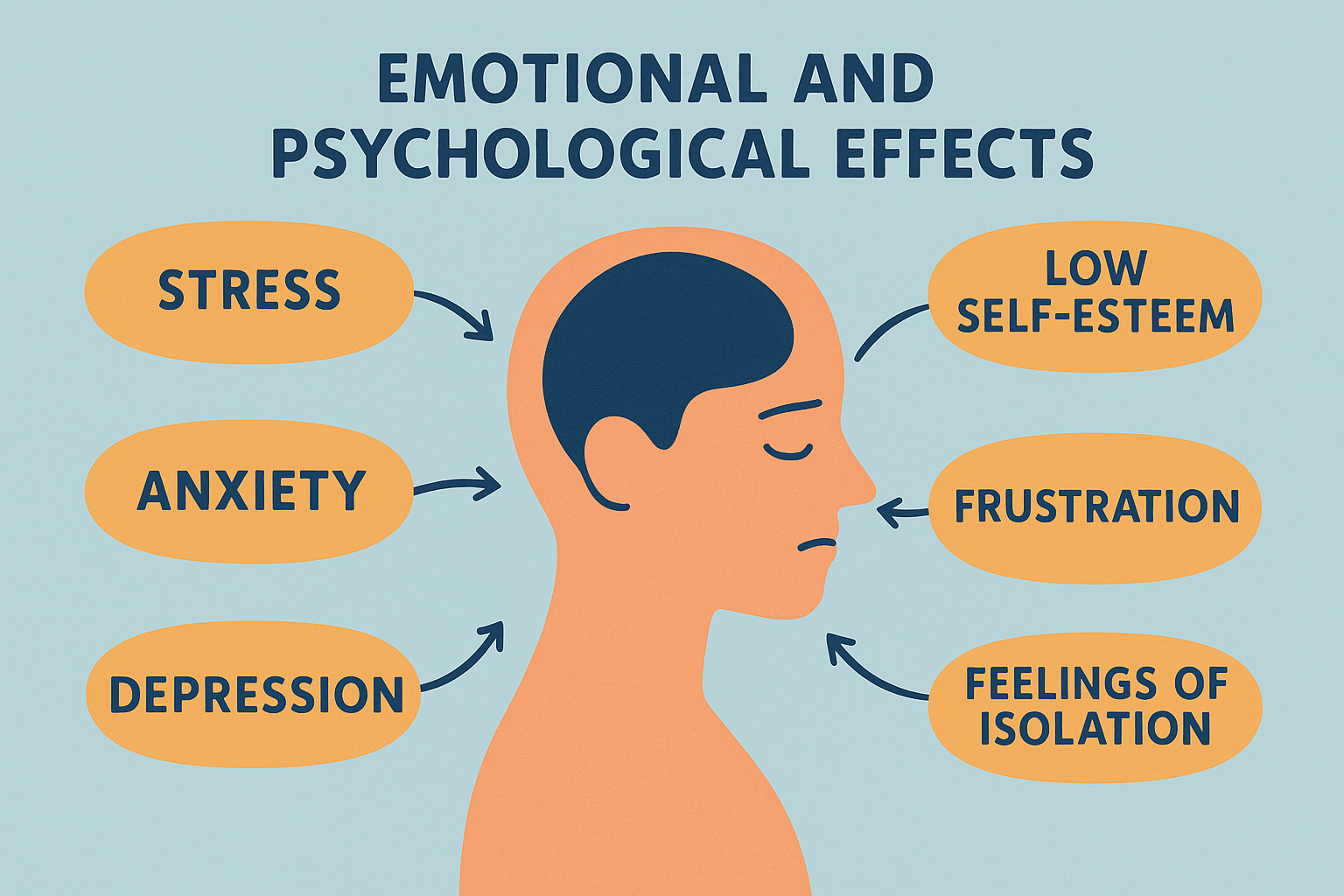Discrimination in the Workplace: Understanding the Impact on Asian Professionals

Discrimination in the workplace is more than a legal issue—it’s a deeply personal experience that can affect your sense of identity, belonging, and self-worth. For many Asian professionals, the challenges often go unspoken.
Whether it’s being overlooked, stereotyped, or excluded, discrimination isn’t always loud or obvious. It can take the form of silence in meetings, a lack of mentorship, casual jokes about your culture or accent, or feeling like you have to work twice as hard to be seen as competent. These moments can build up over time, leaving emotional scars that are hard to explain but deeply felt.
What Workplace Discrimination Looks Like for Asians
While every person’s experience is unique, here are some common scenarios many Asians report in professional settings:
- Being mistaken for another colleague of the same ethnicity
- Microaggressions like “You speak English so well!” or “Where are you really from?”
- Stereotypes that label Asians as passive, quiet, or lacking leadership potential
- Being left out of informal networks or social activities
- Feeling pressure to stay silent to “not cause trouble” or “lose face”
These experiences may seem small individually, but collectively, they can create a workplace environment that feels alienating and unsafe.

Emotional and Psychological Effects
Discrimination in the workplace can lead to more than frustration—it can cause deep emotional harm, especially when it’s repeated or minimized by others. Many Asian professionals internalize the experience, sometimes blaming themselves for being “not good enough”, “inadequate”, or trying harder to “fit in.”
Emotional consequences may include:
- Anxiety or dread about going to work
- Low self-esteem or self-doubt
- Feeling invisible, unappreciated, or misunderstood
- Trouble sleeping, concentrating, or finding motivation
- Emotional burnout or depression
Cultural values around humility, endurance, or harmony may also discourage speaking out, leading some to suppress their feelings rather than seek help. But the pain doesn’t go away just because you stay quiet.
How Therapy Can Help
Therapy provides a safe, confidential space where your feelings are valid and your story is honored. Here’s how it can help:
1. Validation Without Judgment
You won’t have to explain your cultural background or convince someone that what happened was real. Therapy offers a place where your emotions and experiences are acknowledged—without being dismissed.
2. Restoring Self-Worth
Discrimination can lead to feeling “not good enough” or questioning your identity. Therapy helps you challenge those internalized doubts and reconnect with your strengths.
3. Managing Cultural and Work Stress
Whether it’s dealing with pressure from family expectations or balancing between cultures, therapy can give you tools to handle stress from multiple directions.
4. Emotional Regulation and Resilience
Therapists can guide you through techniques for calming anxiety, staying grounded, and building long-term emotional resilience.
5. Exploring Your Voice
You may have learned to keep the peace or avoid confrontation. In therapy, you can learn to set boundaries, advocate for yourself, and find ways to speak up on your terms.

Discrimination Is Real—and You’re Not Alone
Many Asian professionals minimize what they’ve experienced, thinking it’s “not bad enough” or “just part of working abroad.” But workplace discrimination, even in subtle forms, is real and harmful. And you are not alone.
According to studies from organizations like Stop AAPI Hate, a growing number of Asian professionals report feeling undervalued, tokenized, or excluded at work. These issues deserve attention and healing.
What to Expect in Therapy
If this is your first time considering therapy, know that you can go at your own pace. You won’t be pushed to share more than you’re ready to. As a therapist specialized in AAPI issues, I can help you:
- Process past experiences without shame
- Understand how those moments affected you emotionally
- Build strategies to reduce stress, manage workplace tension, and strengthen self-confidence
Discrimination in the workplace can leave lasting emotional wounds, especially for Asians navigating complex cultural expectations and racial dynamics. You don’t have to carry this silently. Therapy can help you unpack these experiences, honor your emotions, and take steps toward healing.
If you’re ready to begin that process, I invite you to book a confidential session with me today. You deserve to feel seen, heard, and respected—at work and within yourself. Together, we’ll work toward restoring your confidence and creating a path forward that reflects your strength and identity.